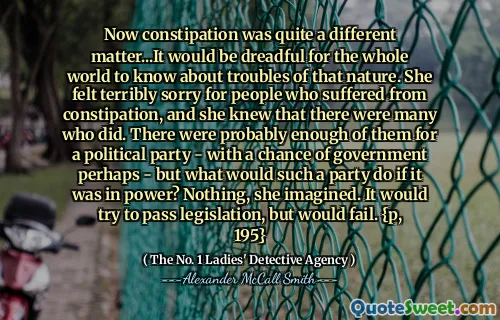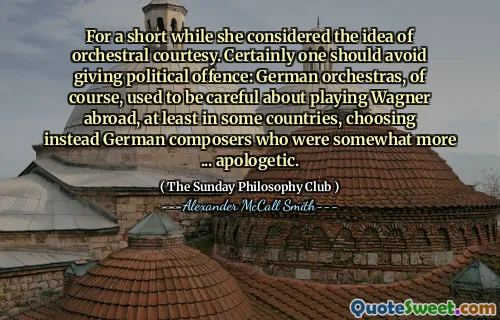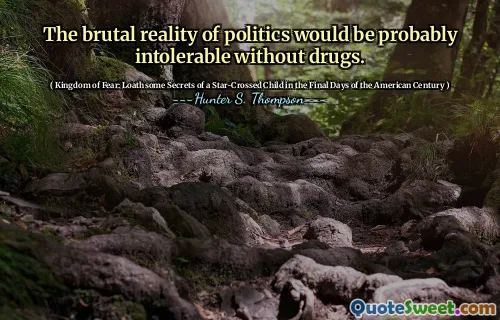What came in the end was only a small war and a quick victory; when the farmers and the gentlemen finally did coalesce in politics, they produced only the genial reforms of Progressivism; and the man on the white horse turned out to be just a graduate of the Harvard boxing squad, equipped with an immense bag of platitudes, and quite willing to play the democratic game.
In Richard Hofstadter's "The Age of Reform," the fusion of farmers and gentlemen in political arenas led to minor conflicts and swift triumphs rather than revolutionary change. Their collaboration gave rise to gradual reforms characteristic of the Progressive Era, focusing more on practical solutions than grand ideologies.
The idealized notion of a heroic leader asserting change turned out to be a misrepresentation. Instead of a figure of great valor, the leader was an ordinary Harvard boxing team member, armed with well-blended platitudes, demonstrating a willingness to navigate the democratic process rather than embodying a heroic vision.





